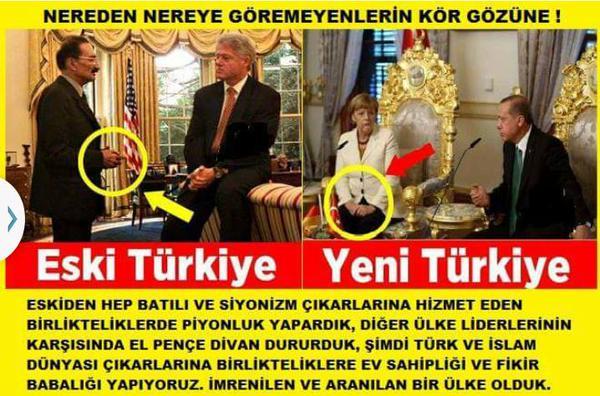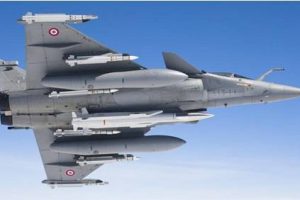Unless you’re a car enthusiast, you probably haven’t followed the story of the near bankruptcy of the American General Motors (GM) automotive company in the 1990s, when an advertiser’s one-liner saved the company from going under. GM’s Oldsmobile was known in automobile folklore as ‘the clunky vehicles that dads drove to work’. Even the “Olds” in the name connoted the model’s obsolescence. Indeed, the company changed the old “huge” design to compete with the small family cars of other brands, and the new cars: “This is not your father’s Oldsmobile. This is the new generation of Olds”.
Following the rule that “good advertising is imitated advertising”, there were even campaigns that said “This sewing machine is not your grandmother’s sewing machine”. The reason why this slogan caught on so much was that similar expressions already existed as idioms in many languages. A quick way to describe what is new is to say that it is different from what you are familiar with.
There was a Türkiye that was familiar to the United States, which in 1946 said “We will let you into NATO if you adopt a multi-party system”, to the United States, which in 1950 said “We will let you into NATO if you participate in the Korean War!”, and to the Europeans, which in 1970 said “We will let you into the European Union if you adapt your system from trade to criminal law to ours”. This was a Türkiye that had turned towards the West since the Young Turks, the Committee of Union and Progress, and believed that “becoming like them was the only way to develop and civilize”. A Türkiye whose fight against terrorism was fine-tuned by the US, Europe and NATO. A Türkiye where you can interfere in which weapons it can use and where it can buy which systems. For instance, Israel and all of NATO could monitor where and how you used the unmanned aerial vehicles you paid for and bought through NATO. (We wondered “How does the PKK get news about these raids?”) Türkiye was a partner that was not asked to raise a voice even when “friendly and allied Greece” was building military airports, fortified positions and military ports on Aegean islands that had been demilitarized by treaties…
That era has passed. Do not take this sentence as a political statement. Yes, this new era coincides with the political rule of the Justice and Development Party and President Erdoğan, but it is not limited to the AK Party and Erdoğan. When even military strategy journals in the US write that Türkiye is now “pursuing an independent ‘geostrategy’ that prioritizes its own interests” within NATO and even within NATO’s sphere of activity, and when friendly and not so friendly foreign policy experts advise the US to reconsider its attitude and behavior towards Turkey, one should not think that the new orientation in Türkiye’s international relations is “temporary”.
In short, this Türkiye is not the Türkiye that some of them knew in their fathers’ era.
So, what kind of Türkiye is this Türkiye? First of all, the new Türkiye is not “so anti-Western that it won’t even participate in Eurovision”, as the Council on Foreign Relations, where rich New Yorkers play diplomat, still refers to Türkiye as “Türkiye” in its articles – not the name Türkiye wants to use – would have us believe.
Then… Let’s analyze the aftermath in the next article.
Translated with www.DeepL.com from Milliyet






